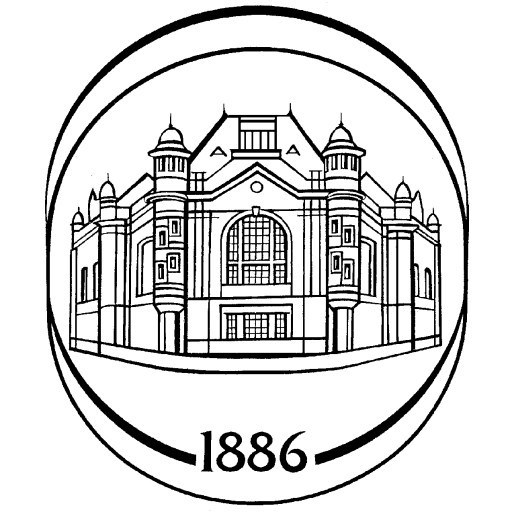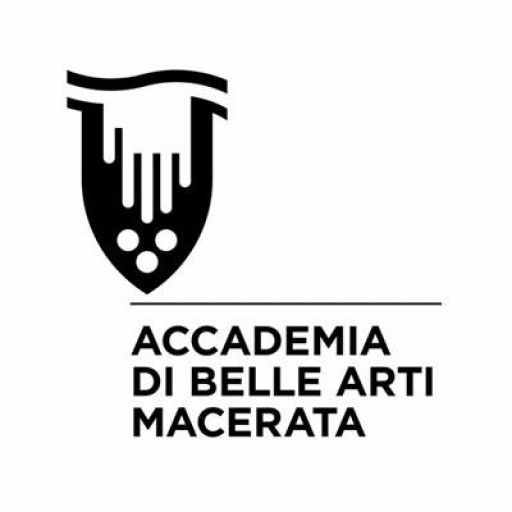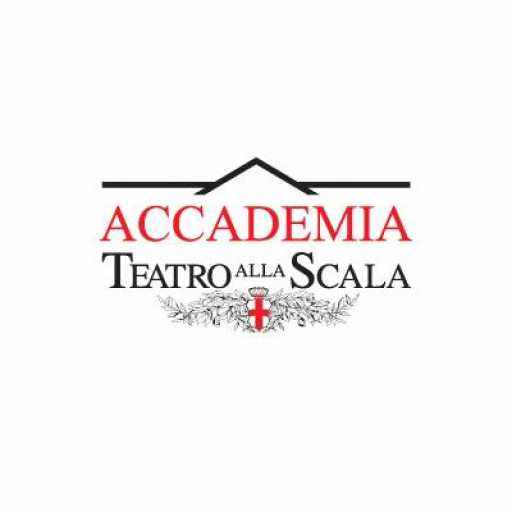Photos of university / #deakinuniversity
The Bachelor of Vision Science and Optometry at Deakin University is a comprehensive undergraduate degree designed to prepare students for a rewarding career in eye health and vision care. This program provides a strong foundation in the science of the eye, visual perception, and the clinical skills necessary to assess, diagnose, and manage a wide range of ocular conditions. Students will gain in-depth knowledge of anatomy, physiology, optics, pharmacology, and pathology related to the human visual system, allowing them to understand the complex mechanisms underlying eye health and vision function. The curriculum combines theoretical learning with practical training, enabling students to develop essential skills in patient examination, refraction, ocular health assessment, and the use of advanced diagnostic equipment. Throughout the course, students will engage in hands-on clinical placements, working with real patients under the supervision of experienced optometrists and eye health professionals. These placements are designed to build confidence, competence, and professional communication skills, ensuring graduates are well-prepared for the workforce. Furthermore, the program emphasizes the importance of ethical practice, patient-centered care, and continuous professional development, shaping students into responsible and compassionate practitioners. Graduates of this program are equipped with the knowledge and skills to pursue careers in general optometry, specialized eye care, or further postgraduate studies in vision science or optometry. Deakin University’s emphasis on research, innovation, and community engagement ensures that students are at the forefront of advancements in eye health and optical science. The Bachelor of Vision Science and Optometry is ideal for individuals passionate about helping others see clearly and improving quality of life through vision care. This program not only provides a pathway to registration as an optometrist but also opens doors to diverse careers in health, research, education, and industry sectors related to eye and vision health.
On completing this program, you can submit an application for registration to practise as an optometrist from Australia. Deakin optometry has been given accreditations by the Optometry Board of Australia, after appraisal by the Optometry Council of Australia and New Zealand (OCANZ). Additionally you will be qualified to apply for registration to practise as an optometrist using the Australian medical professional Regulation Agency (AHPRA), and to Medicare being a company. This will let you pursue occupations across Australia and New Zealand.
Entry will be determined by performance in Units 3 and 4: a study score of at least 30 in English EAL (English as an additional language) or at least 25 in English apart from EAL.
The financing of the Bachelor of Vision Science and Doctor of Optometry program at Deakin University primarily involves a combination of government subsidizations, student contributions, and potential financial aid options. Australian residents enrolling in undergraduate and postgraduate courses may be eligible for government-supported schemes such as the Commonwealth Supported Place (CSP), which subsidizes a portion of the tuition fees, significantly reducing the financial burden on students. In the case of CSP eligibility, students are required to pay a student contribution amount, which varies depending on the unit of study and its field of study; health-related programs like optometry generally attract a higher contribution rate within the undergraduate band. International students studying at Deakin University are responsible for paying full tuition fees, which are set annually and published by the university; these fees are paid upfront or through payment plans, depending on the student's arrangement.
Deakin University offers a range of financial assistance options including scholarships, grants, and bursaries aimed specifically at supporting students enrolled in health sciences and related programs. These scholarships may be based on academic merit, financial need, or specific criteria such as Indigenous status or geographic location. International students may have access to external scholarships from government agencies or health organizations. Additionally, students can explore external funding options such as private loans, regional study grants, or industry sponsorships.
Deakin’s comprehensive fee structure details are available on the university’s official website, providing transparent information about tuition costs, registration fees, and other expenses related to the program. Moreover, many students utilize income support programs such as the Australian Government’s Youth Allowance, Austudy, or Abstudy if they meet specific eligibility criteria. For postgraduate students, external funding agencies and research grants can also supplement financial needs, especially for students undertaking research-intensive components of the program or planning to pursue specializations.
Students are advised to consult the Deakin University Finance Office or the official scholarship pages to obtain current information about eligible funding options and application deadlines. The university also facilitates payment plans to help students manage their fees over time, reducing immediate financial pressure. Overall, the program's financing is designed to maximize accessibility through a variety of support mechanisms, enabling students to undertake their education in vision science and optometry without undue financial hardship.
The Bachelor of Vision Science and Master of Optometry at Deakin University is a comprehensive program designed to prepare students for a professional career in optometry. This integrated coursework allows students to develop a strong foundation in both the scientific principles underlying vision and the practical skills necessary for clinical practice. The program typically combines theoretical learning in areas such as ocular anatomy, physiology, optics, and visual science with extensive practical training through placements and supervised clinical experiences. Students are introduced to the diagnosis and management of a wide range of eye conditions and visual disorders, equipping them to work effectively with diverse patient populations.
Deakin's program emphasizes both academic excellence and professional readiness, with dedicated labs, simulation exercises, and industry placements that provide real-world experience. The curriculum is designed in collaboration with industry stakeholders and is continuously updated to reflect the latest advancements in eye care technology and practice standards. Graduates of the program are prepared to meet registration requirements as optometrists in Australia and are equipped with skills in patient communication, clinical decision-making, and health promotion. The program also encourages lifelong learning and professional development through critical thinking and research literacy.
Students enrolled in this program benefit from Deakin’s strong links with the optometry industry, offering opportunities for networking, internships, and employment post-graduation. The blend of academic coursework and practical experience aims to produce competent, ethical, and adaptable professionals capable of contributing to community health and eye care services. The program's structure aligns with national accreditation standards, ensuring graduates are eligible for registration and practice across Australia. Overall, the Bachelor of Vision Science and Master of Optometry at Deakin University offers a robust pathway into a rewarding healthcare profession focused on improving vision and eye health outcomes.










